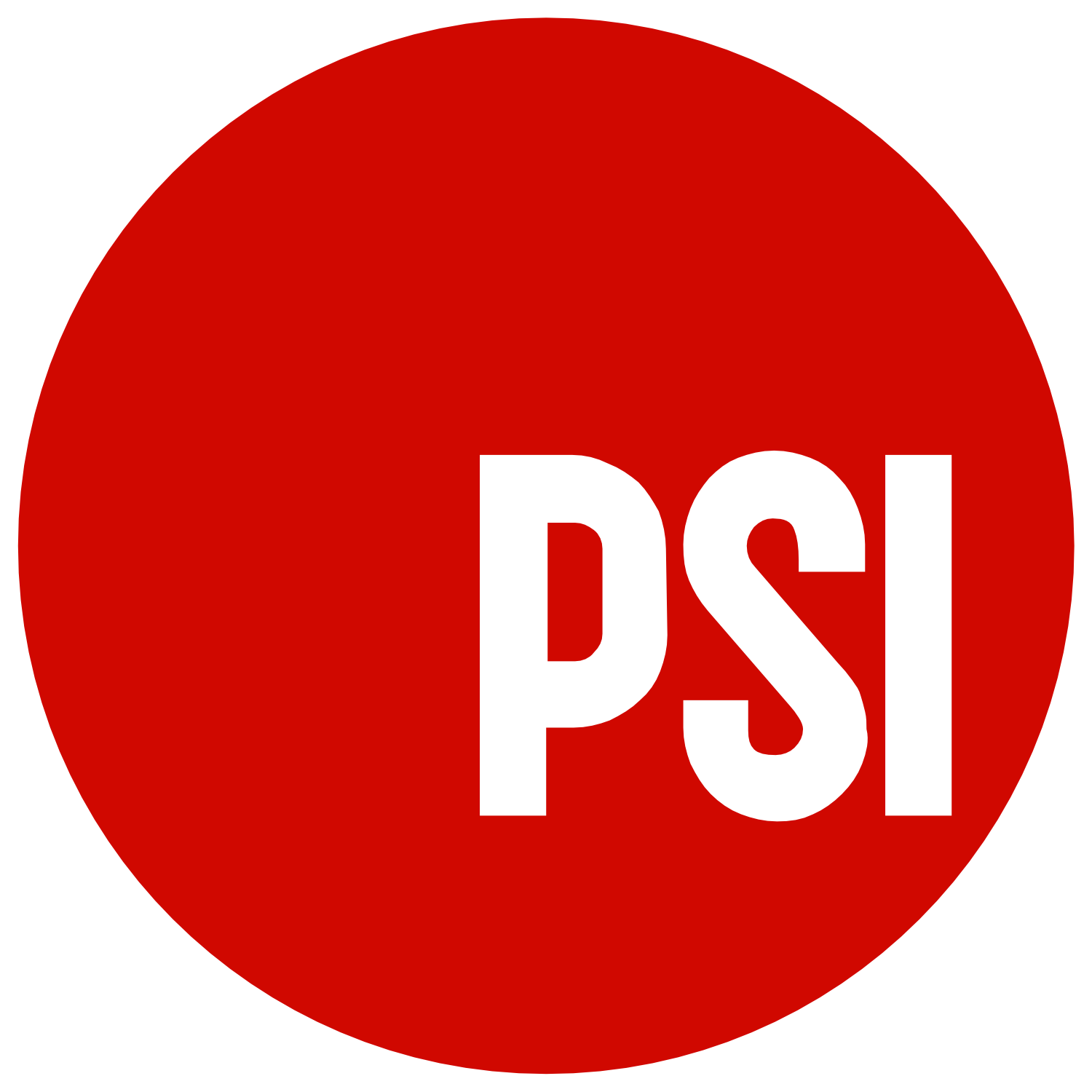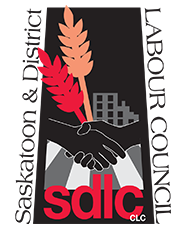SGEU's learning development (LD) courses are intended to increase your knowledge of what it means to be part of our union, equip you to be a steward in the workplace and play other union leadership roles.
Courses are open to all SGEU members and stewards. Multi-day courses numbered 20 or higher require you to have taken other courses before being eligible.
To register for learning development courses in your geographical area, visit our training schedule and apply online at least 10 days prior to the course start date.
If your local or sector would like to sponsor a course, please contact our Communications & Education Department.
Course Descriptions
Whether you're looking for a course that will introduce you to SGEU, help you understand your collective bargaining agreement, build your skills as a steward, learn about unionism on Turtle Island, or a different topic, you're sure to find something of interest in our courses.
Learning Development 10: Introduction to the Union
In this introductory course, you will expand your knowledge surrounding the history and function of the labour movement, the importance of unionism, as well as the organizational structure and function of SGEU. You will learn what it means to be a member of SGEU and an active union activist in your community. Key concepts include learning the importance of applicable legislation such as The Saskatchewan Employment Act and The Saskatchewan Human Rights Code and building on the understanding of rights in your workplace.
Length: 1 day (8 hours) in person or 1/2 day (4 hours) virtual
Prerequisite: LD10 is open to all SGEU members, stewards, bargaining/negotiating representatives, standing committee members, and any other elected official who would like to expand and build upon their knowledge of unions and the labour movement.
Learning Development 11: Roles and Responsibilities of an SGEU Steward
The objective of this course is for you to understand the competencies, duties, and responsibilities of being a steward representing your SGEU membership. Key concepts include the steward role in meeting representation of members, effective note taking and evidence collection, pre-grievance investigation, as well as being a union activist on behalf of SGEU.
Length: 1 day (8 hours) or 1/2 day (4 hours) virtual
Prerequisite: LD11 is open to all SGEU members, stewards, bargaining/negotiating representatives, standing committee members, and any other elected official who would like to expand and build upon their knowledge of the skills stewards are developing and their role of advocating in the workplace. Priority at registration will be given to registered SGEU stewards who are enrolled in the 20 level courses.
Learning Development 12: Know Your Collective Agreement
Our LD 12 course is called “Know your collective Agreement” and focuses on the language in collective agreements and its interpretation. It will be based on your specific CBA.
Contact your Labour Relations Officer or Bargaining Unit Chair to coordinate a session.
Learning Development 20: Steward Training
Our LD 20 course is second level steward training. It’s comprised of three parts and teaches you more about collective agreements, conflict resolution and grievance handling. The participants will practice problem solving techniques, preparing and presenting the grievances, at step 1. They will understand Duty of Fair Representation and representing workers as well as building on their skills in investigating and responding to members concerns in a timely fashion.
LD 20A - Effective Conflict Resolution - Conflict is an inevitable part of workplace dynamics, and as union members, it's crucial for you to develop effective conflict resolution skills. LD 20A is designed to provide you as a union member with the necessary knowledge and strategies to effectively manage and resolve conflicts in your respective workplace(s). Key course concepts include knowledge surrounding different conflict resolution approaches, techniques for effective communication, negotiation skills, and strategies for promoting collaboration and fostering union-management relations. Participants will learn the types of harassment, how harassment is defined in the Saskatchewan Employment Act and The Saskatchewan Human Rights Code and how they are applicable in unionized work environments.
LD 20B - Grievance Preparation - Grievance handling is one of the most important aspects of a unionized work environment and as such requires an in-depth understanding of the legal and practical knowledge of the grievance framework. Key concepts in this course include important legal tests and considerations when involved with disciplinary procedures, practical experience on how to complete and submit a grievance form and the appropriate collective bargaining agreement language, as well as supporting documentation and investigation skills for building an effective grievance. Expand your steward skill set on how to effectively investigate, navigate, and empower stronger grievances in your workplace.
LD 20C - Interpreting Collective Agreements and Bargaining Fundamentals - Learning Development 20C is designed to provide you with skills to master your collective bargaining agreement and unlock its potential. LD 20C equips you to decipher complex terms and engage members in meaningful dialogue. This course empowers you to interpret agreements with confidence and initiate open discussions. Discover how to harness collective bargaining to transform your workplace. Gain the skills to navigate agreements and inspire your membership to action.
Key learning concepts include understanding the legislation outlining your current collective bargaining agreement(s), rules of interpretation when learning about your specific contract language, as well as bargaining procedures that will allow you to understand the bargaining process from the expiry of your current contract to the ratification of a new agreement.
Length: 20 A - 2 days (16 hours), 20 B - 1 day (8 hours), and 20 C - 2 days (16 hours)
Prerequisites: Learning Development 10 and 11 and you must take the courses 20A, 20B and 20C in sequential order. Priority will be given to SGEU stewards.
Learning Development 30: Advanced Steward Training
Advanced steward training supports you in building upon your skills obtained in the 20-level series to be efficient at serving your membership’s needs. Key learning concepts include union/management relationship building in both individual conversations and formal meetings with union management committees. You will continue to advance your grievance preparation and meeting representation knowledge in relation to disciplinary type grievances as well as learn intentional and planned recruitment and retention strategies tailored to your specific workplaces. As an LD 30 level trained steward, you will have the ability to apply the conflict resolutions skills taught in 20A, the investigation/grievance skills from 20B, and the CBA interpretation and bargaining concepts from 20C to assist your membership with several concerns in the workplace.
Length: 2 days (16 hours)
Prerequisites: Completion of LD 10, 11, 20A, 20B, and 20C is required for this course. This course is only available to registered stewards.
Learning Development 61: Member Facilitator Training
Member Facilitator Training (Learning Development 61) prepares SGEU members to lead introductory SGEU education sessions that are inclusive, engaging, and grounded in the values of equity, solidarity, and member empowerment. Through a blend of theory and hands-on practice, participants will explore core adult learning principles and the Universal Design for Learning (UDL) framework. The course builds the practical skills and confidence needed to facilitate meaningful learning experiences that reflect the diversity and needs of SGEU’s membership.
Through hands-on activities, peer feedback, and real-world scenarios, members will learn how to create accessible learning spaces, manage group dynamics, and support learners beyond the classroom. This course lays the foundation for effective, values-based facilitation in an SGEU environment.
Length: 2 days (16 hours)
Learning Development 62: Ombudsman Training (Under review)
This course is currently under review. Please stay tuned for updates.
Learning Development 70: Unionism on Turtle Island (Under review)
This course is currently under review. Please stay tuned for updates.





